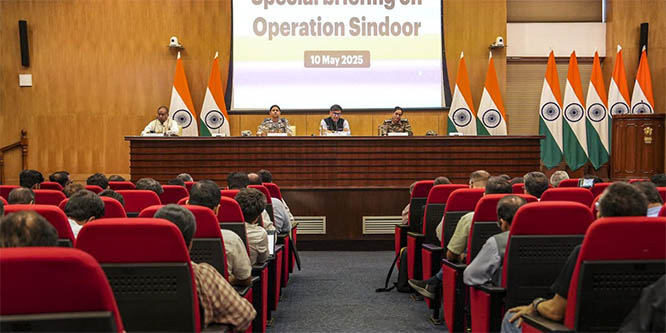
In his victory speech, President-elect Donald Trump showered praise on Elon Musk, calling him an "amazing guy" and "super genius." The SpaceX CEO’s satellite internet project, Starlink, received special attention for its role in providing critical connectivity after Hurricane Helene. With Starlink’s success making waves, speculation grows: will Musk bring his revolutionary tech to India’s vast, underserved areas?
In India, Musk’s increasing proximity to Trump and the President-elect’s endorsement has sparked curiosity and anticipation. Although regulatory barriers have delayed Starlink’s entry since 2021, recent policy shifts by India’s Communications Ministry could turn the tide. Minister Jyotiraditya Scindia recently announced plans to allocate satellite spectrum administratively, a move welcomed by Musk, who pledged to "serve the people of India" through Starlink.
What Makes Starlink Unique?
Unlike traditional broadband reliant on cables, Starlink uses thousands of low-earth orbit satellites to provide high-speed internet. This innovative approach bypasses the need for miles of overhead or underground wiring, making it ideal for remote and rural areas. Launched in 2019, Starlink now serves over 4 million users globally, and its entry into India could be transformative in bridging the digital divide.
Starlink’s India Journey So Far
Musk’s ambitions for India began in 2021 with pre-order invitations, but the government halted progress, citing licensing requirements. However, with Scindia’s recent announcement, Starlink may soon navigate the regulatory landscape, potentially setting the stage for a significant market entry.
Showdown with India’s Telecom Titans
If Starlink is allowed in, it could mean intense competition for Indian telecom leaders Mukesh Ambani’s Jio and Sunil Bharti Mittal’s Airtel. Both companies argue that satellite spectrum should be auctioned to maintain a level playing field, especially if Starlink expands to urban areas, challenging their established services.
While Starlink advocates for affordable, widespread access, Indian telecom giants claim global players often leverage rural connectivity narratives for favorable conditions, potentially overshadowing local providers in urban markets. As the government’s decisions unfold, a tech-driven tug-of-war could reshape India’s telecom landscape, with Musk’s Starlink poised as a powerful new player.







Comments
Add new comment